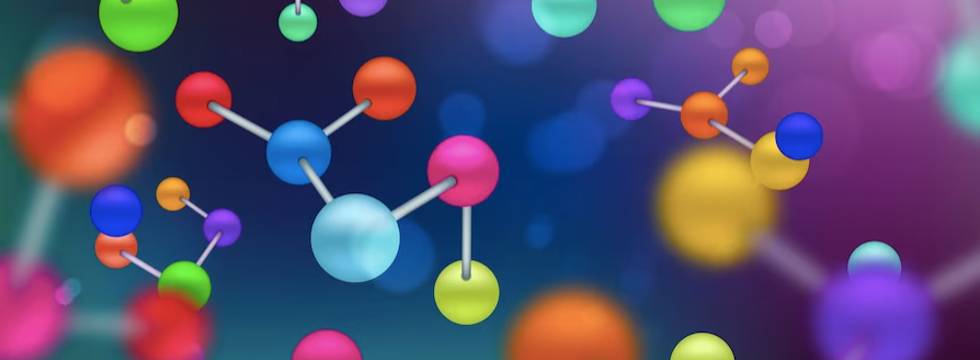Fine and Specialty Chemicals: Pioneering Progress in Modern Industries

Fine and specialty chemicals represent a vibrant and dynamic segment of the global chemical industry. Characterized by their high purity, precise processing, and specialized applications, these chemicals play a pivotal role in various sectors, including pharmaceuticals, agriculture, cosmetics, and advanced materials. Unlike bulk or commodity chemicals, fine and specialty chemicals are produced in limited quantities and tailored for specific uses.
Fine chemicals are pure, single chemical substances, custom manufactured in small batches to meet the specific needs of various industries. They often serve as essential building blocks in the synthesis of complex molecules.
Specialty chemicals, on the other hand, are mixtures of compounds or formulated products with unique functions that provide specific performance or effects. They are used based on their performance or function, rather than their composition.
Key Characteristics
- High Value: Due to their specialized nature and rigorous manufacturing process, these chemicals typically have a high per-unit cost.
- Custom Production: These chemicals are often produced to meet specific customer requirements.
- Complex Production Process: Their manufacturing often involves multi-step synthesis and a high degree of process control.
Applications
Pharmaceuticals: Fine chemicals are crucial in the pharmaceutical industry, especially as active pharmaceutical ingredients (APIs) and intermediates for drug production. Their high purity is critical to ensuring the safety and efficacy of medicines.
Agrochemicals: Specialty chemicals, such as fertilizers and pesticides, play a vital role in modern agriculture. They contribute to enhanced crop protection, increased yield, and sustainable farming practices.
Personal Care and Cosmetics: Specialty chemicals, including emulsifiers, surfactants, and pigments, are integral to the formulation of cosmetics and personal care products. They are responsible for the performance, safety, and aesthetic qualities of these products.
Electronics: Fine chemicals, such as high-purity solvents and reagents, are indispensable in the production of semiconductors and other electronic components.
Innovation and Sustainability
Given the environmental concerns associated with chemical manufacturing, innovation within this sector is increasingly focused on green and sustainable practices. This includes developing bio-based products, improving process efficiency, and minimizing waste.
Regulatory Landscape: The production and use of fine and specialty chemicals are subject to stringent regulations due to their potential impact on health and the environment. This necessitates compliance with various global and regional regulations, which are continuously evolving and present both challenges and opportunities for companies in this sector.
Market Trends: The global market for fine and specialty chemicals is expected to witness robust growth due to increasing demand in end-use industries, especially in developing regions. Innovation, sustainability, and customization are key trends shaping this market.
Challenges and Opportunities: This sector faces challenges such as fluctuating raw material prices, stringent regulations, and intense competition. However, the growing demand for sustainable and high-performance products presents significant opportunities for innovation and expansion.
Conclusion: Fine and specialty chemicals are indispensable components of modern industrial applications. As the demand for more sophisticated and sustainable products continues to grow, the sector is poised for significant innovation and expansion. By continuing to prioritize sustainability and technological advancement, the fine and specialty chemicals industry is set to remain a vital player in global progress and prosperity.
This article provides a broad perspective on the critical role and diverse applications of fine and specialty chemicals in various industries. The rigorous production standards, continual innovation, and growing emphasis on sustainability within this sector illustrate its significance in shaping a myriad of products that are integral to modern life.






